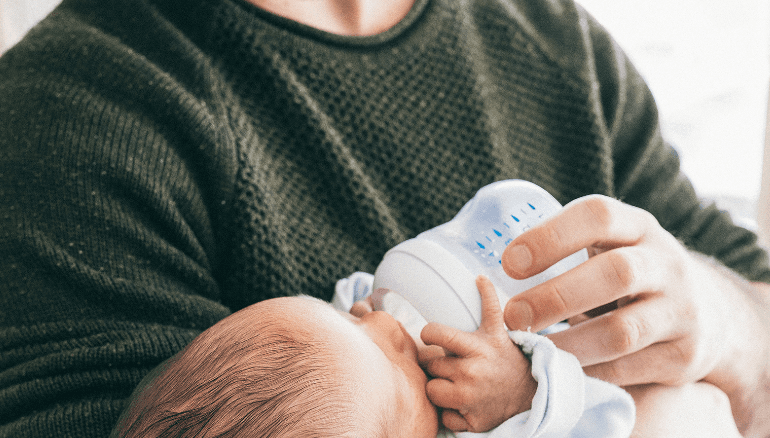One in 10 fathers experience depression around the time of their child’s birth but there’s little known about how to help men during this challenging time.
Healthy Male’s Plus Paternal: Case for Change outlines seven goals to achieve better support and inclusion of fathers, and we anticipate that achieving these will improve fathers’ mental health and wellbeing.
Development and implementation of policies needed to redress the cultural norms that isolate and exclude many men from preparing for parenthood and taking on their new roles will take time. Until then, we need to look at what is known about effective ways to prevent perinatal depression in men.
The State of Research
It’s not hard to find most of what’s known in the academic literature about interventions aimed at improving paternal mental health. A recent systematic review1 identified nine randomised controlled trials of interventions for paternal perinatal depression, complementing the only other systematic review on this subject, published in 20162.
In all, there are 14 published randomised trials of interventions to prevent paternal perinatal depression. The largest of these is an Australian study of 556 subjects, whereas the smallest had only 32 participants.
What Works, What Doesn’t
What stands out is the efficacy of interventions that involved fathers learning hands-on techniques that foster physical contact with their partners or newborns. Training in partner massage, infant bathing, and father-infant skin-to-skin contact reduced paternal depression.
In general, simply providing information and education to men, whether in group sessions or private sessions with their partners, did not influence paternal depression scores.
Only one such intervention, a facilitated group discussion aimed at improving partner relationships, looks like it lowered men’s (but not women’s) depression scores.
The randomised controlled trials of interventions that measured paternal perinatal depression scores did not include men with perinatal depression.
The Gaps and the Future
There’s a real need to find ways to better support men who are becoming fathers. The current state of knowledge does not provide certainty about how to provide that support, but the more active involvement of men in supporting their partners and bonding with their children is probably a good place to start.
References










